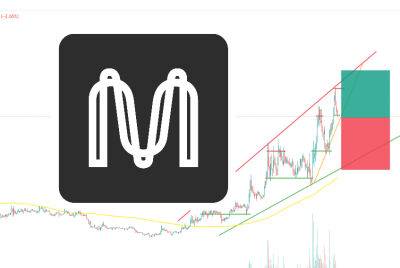Infura is to blame for MetaMask’s violation of the crypto spirit
Censorship resistance is the foundation of crypto, so for many cryptocurrency purists, the Nov. 23 announcement by ConsenSys, the New York-based company behind the leading Ethereum browser wallet, informing its 20 million MetaMask users that their IP and wallet addresses would be collected was simply a gross violation of the crypto spirit.
In the weeks that followed, ConsenSys first reacted by saying the data collected would only be retained for seven days and then that it had updated the MetaMask features to allow users to opt out of Infura. However, the question remains: Have they done enough to establish crypto resistance?
While many may be OK with MetaMask tracking users’ wallets and IP addresses, many more of us are not because blockchain is supposed to be about decentralization and giving people the power to control their data and their finances without intermediaries — such as banks and governments.
Related: Are we still mad at MetaMask and ConsenSys for snooping on us?
For the sake of a healthy debate, let’s say we are fine with MetaMask tracking users’ wallets and IP addresses in certain acceptable instances. Those reasons could be in the case of a malicious attack. The information gathered by the Infura protocol could help track down the criminals involved.
Perhaps, more importantly for ConsenSys, the “spying” could have more to do with official regulations, such as Know Your Customer laws, Anti-Money Laundering laws and financing terrorism.
However, the reasoning behind the decision to “spy” or end MetaMask user privacy features is highly concerning — and even a bit frightening — because it clearly contravenes the crypto spirit.
The crypto spirit centers on putting people back in control of their assets so
Read more on cointelegraph.com



















